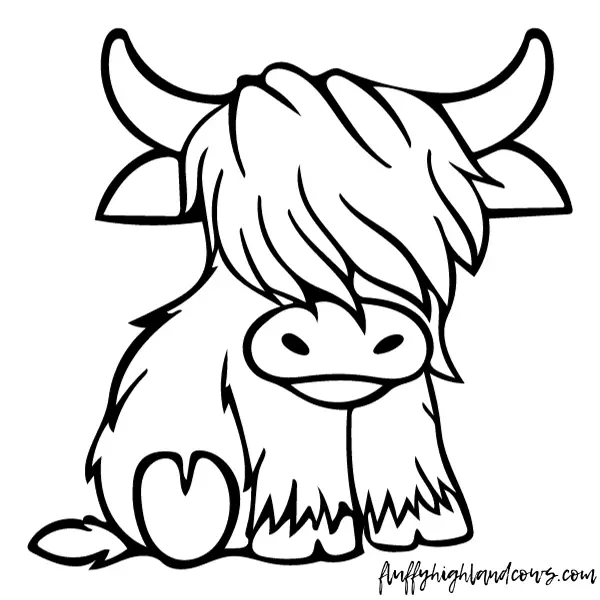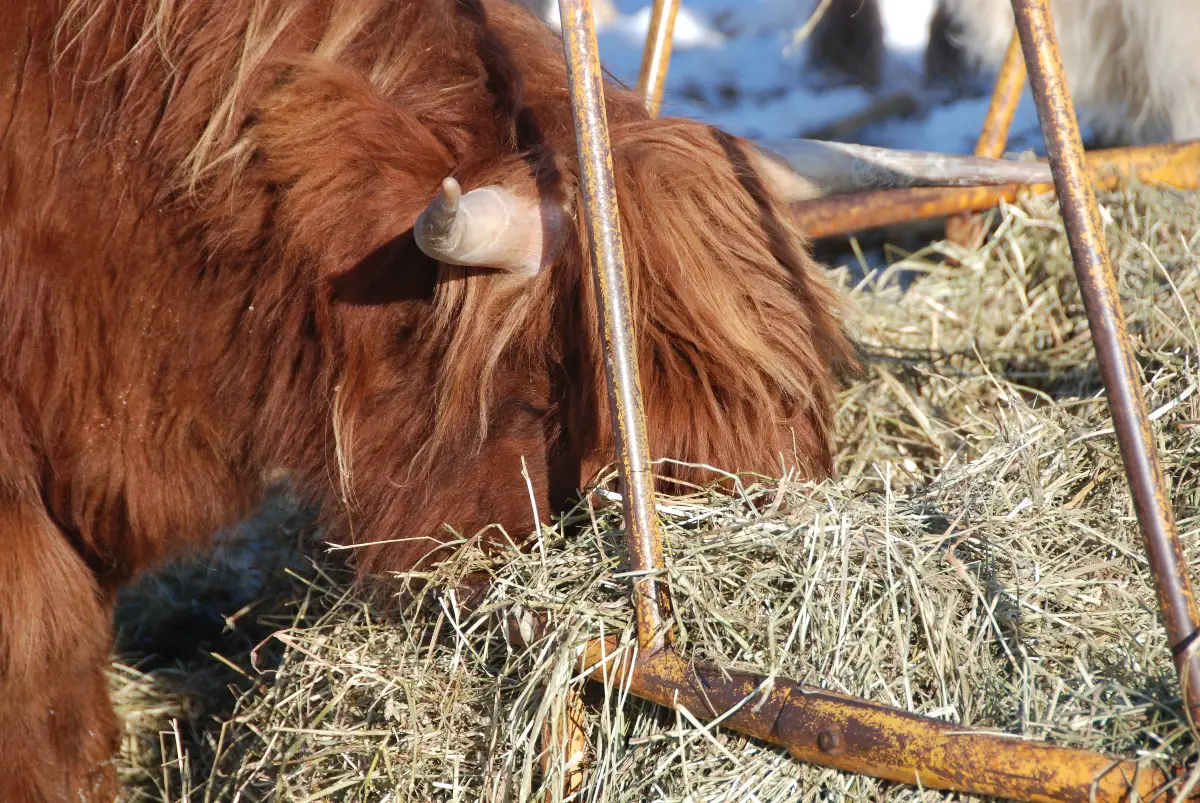Sustainable Farming Practices with Long Hair Cows
Sustainable farming is all about growing food in ways that are good for the environment, the animals, and us. Long hair cows, especially Highland cattle, are key players in this kind of farming.
Let’s dive deeper into how these cows help make farming more sustainable, focusing on their role in organic and regenerative farming practices.
Grazing and Land Management
Long hair cows are champions at grazing on tough grasses that other cows can’t handle. This ability allows them to thrive on land not suitable for crops, helping control plant growth and maintain a balanced ecosystem.
Farms with Highland cattle often adopt a grass-centric model, maintaining native grass pastures and harvesting hay, which supports soil health and reduces the need for chemical fertilizers.
Low Maintenance, High Efficiency
Highland cattle are known for their resilience. They can withstand cold weather and are less prone to illness, meaning they require fewer resources like extra feed or medicine.
This natural hardiness aligns with sustainable farming by minimizing resource use and environmental impact.
Organic and Regenerative Farming
In organic farming, where synthetic fertilizers and pesticides are avoided, long hair cows fit perfectly. Their manure is an excellent natural fertilizer.
Additionally, some Highland cattle farms pursue sustainable farming certifications, adhering to strict guidelines on animal welfare and land use. These practices contribute to regenerative agriculture, focusing on restoring soil health, increasing biodiversity, and improving water cycles.
Low-Stress Environments and 100% Grass-Fed Diets
Sustainable farming with Highland cattle often involves low-stress environments, which lead to better meat quality and overall animal welfare.
Many are raised on 100% grass-fed diets, avoiding grain or corn, which is healthier for the cows and reduces the environmental impact associated with grain production.
Sustainable Farming with Long Hair Cows
Long hair cows, particularly Highland cattle, are not just visually striking; they are vital to sustainable and organic farming. Their ability to graze on tough grasses, low maintenance needs, and suitability for organic systems make them valuable for eco-friendly farming.
Their role in regenerative agricultural practices, adherence to sustainable certifications, low-stress environments, and natural diets further underscore their importance in promoting a sustainable future in farming.

